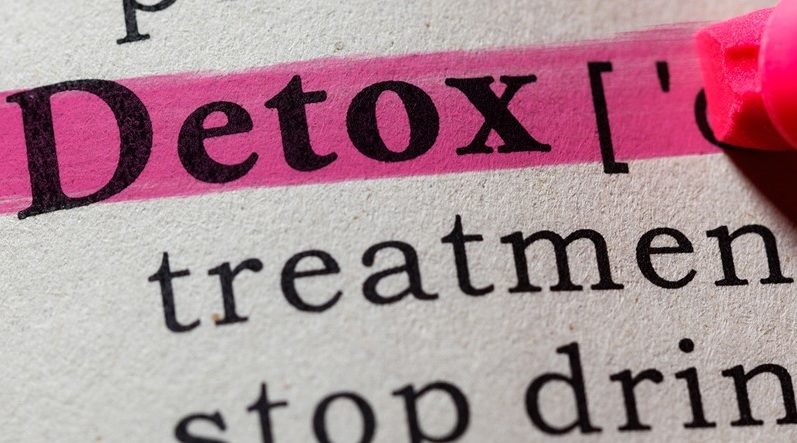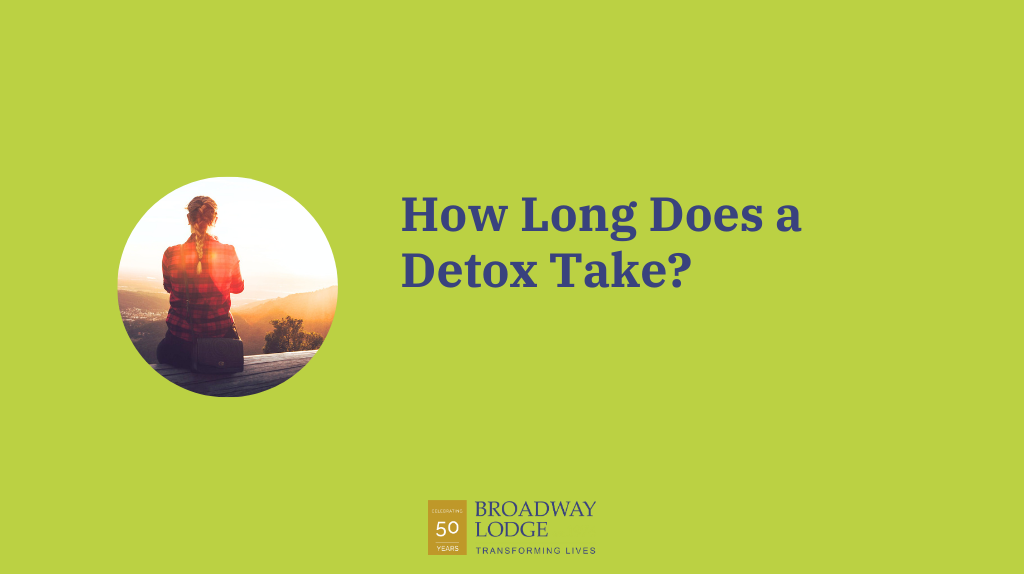The New Year traditionally ushers in talk of renewal and detox. After the indulgent festive binge many people are motivated to dabble in fad diets and exercises. However, in the context of alcohol or drugs addiction, the detox process is a specific medical intervention that enables safe withdrawal from addiction to alcohol or other drugs.
Since there were were 3,744 drug poisoning deaths (both legal and illegal drugs) in 2016 in England and Wales(1) and we know that alcohol misuse is the biggest risk factor for death and ill-health amongst 15-49 year-olds in the UK(2), it is vital that help be provided. For those struggling with substance addiction or dependence detox can be the important first step for long-term recovery.
What is detox?
Detox (or ‘detoxification’) is the process of ridding the body of toxins and managing any withdrawal symptoms. Detox is commonly used at the beginning of the process of treating drug or alcohol addiction to help people overcome their physical dependence on a substance. The aim of detox is to get the addict clean before rehabilitation can continue. It starts the journey towards abstinence-based recovery.
What does detox involve?
Detoxification may seem daunting to an addict. The first steps in tackling addiction may leave people feeling worried and even vulnerable about managing without their substance. However the positive benefits of detox are significant and can be life-changing for those who have taken this brave initial step. Although detox can be challenging, with the right support and understanding patients can come through the process having rid their bodies of harmful and dangerous substances ready for the rest of their treatment.
It is important that a patient undertakes detoxification in a safe and controlled environment. In the UK this must be according to the UK clinical guidelines provided by NICE; the National Institute for Health and Care Excellence.
Some key elements essential to detox include:
- Environment for treatment – An addict seeking detox may be treated on an in- or out-patient basis. In the UK treatment may be given via community-based specialist drug and alcohol services, primary care services, residential rehabilitation centres or inpatient units.
- Process of treatment – Treatment will begin with evaluation and assessment of the patient’s addiction issues. Withdrawal symptoms are monitored and appropriate prescriptions will be made to alleviate symptoms. The duration of detox depends on many factors such as length of substance abuse, the substance involved and the patient’s own physical and mental health.
- Safe care and treatment – Medically supported detox for alcoholism or drug addiction needs to be closely supervised. It should involve the correctly trained and experienced handling of medication and administering of drugs such as methadone and painkillers which may be used during the withdrawal process. There should also be an assessment of safety risks before an addict is admitted – for example planning how to manage any adverse reactions such as epileptic fits or other seizures.
Undergoing detox at a residential rehabilitation can be a valuable first step to addiction recovery. Patients who have found it difficult to overcome their addiction in a community setting often find the residential rehabilitation setting more effective.
An advantage of inpatient treatment at a rehabilitation centre is that they can provide the close supervision needed for managing withdrawal. Residential detoxification means that detox can often occur at greater speed due to the closer 24 hour attention available. Broadly, it may be possible for alcohol detoxification to take place over one to two weeks, with other drugs taking anything between two to four weeks.
At Broadway we provide a structured treatment for addiction in a programme based on abstinence. We are with our patients every step of the way from detox, through rehabilitation and eventual successful recovery. Our patients’ physical detox is supported by counselling and group therapy as well as complementary therapies such as acupuncture and massage.
Sources:
(1) Office for National Statistics. Deaths related to drug poisoning in England and Wales: 2016 registrations. 2 August 2017
(2) Alcohol Concern. Alcohol Statistics. Accessed 10 November 2017.
– National Institute for Health and Care Excellence (NICE) website












